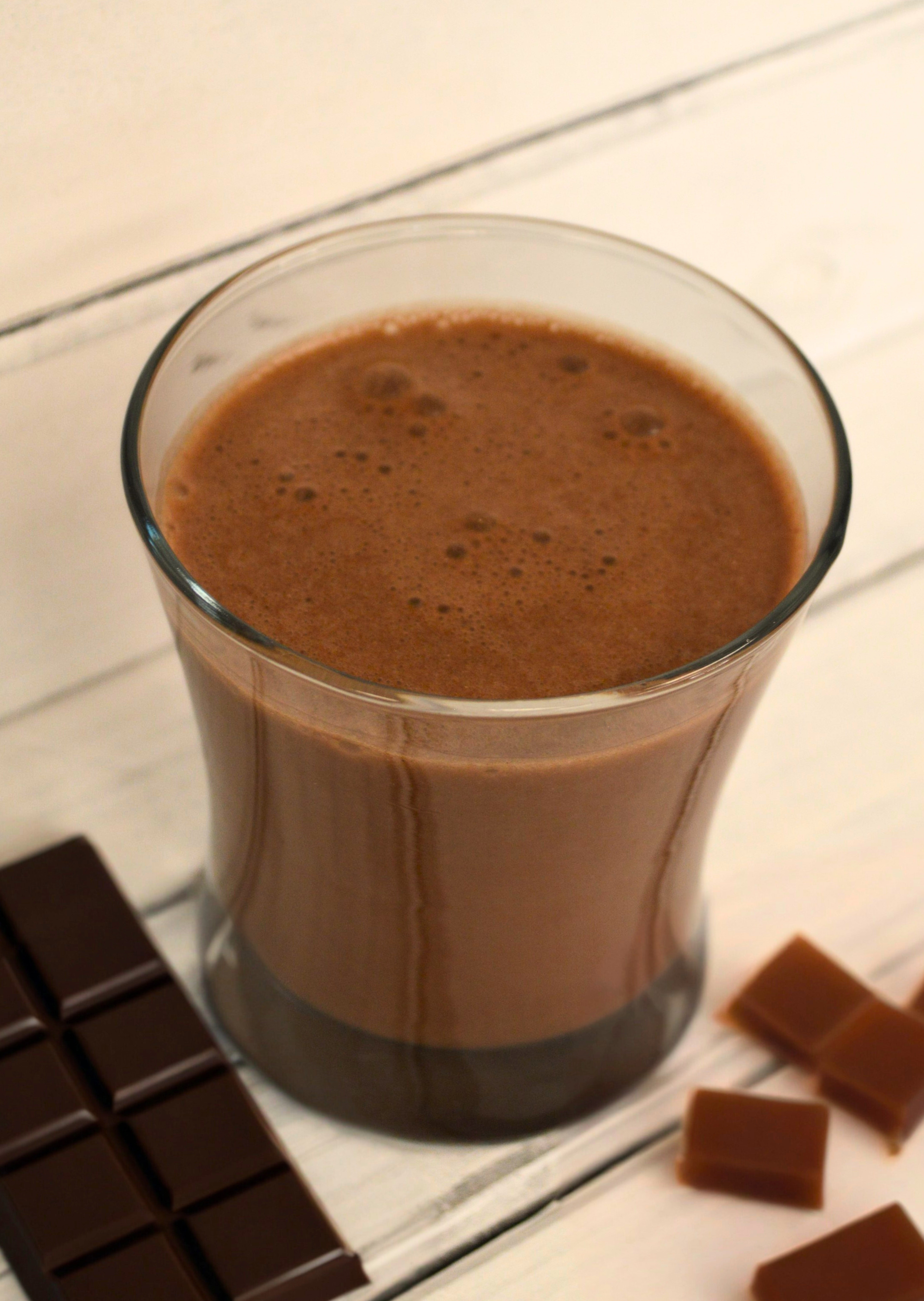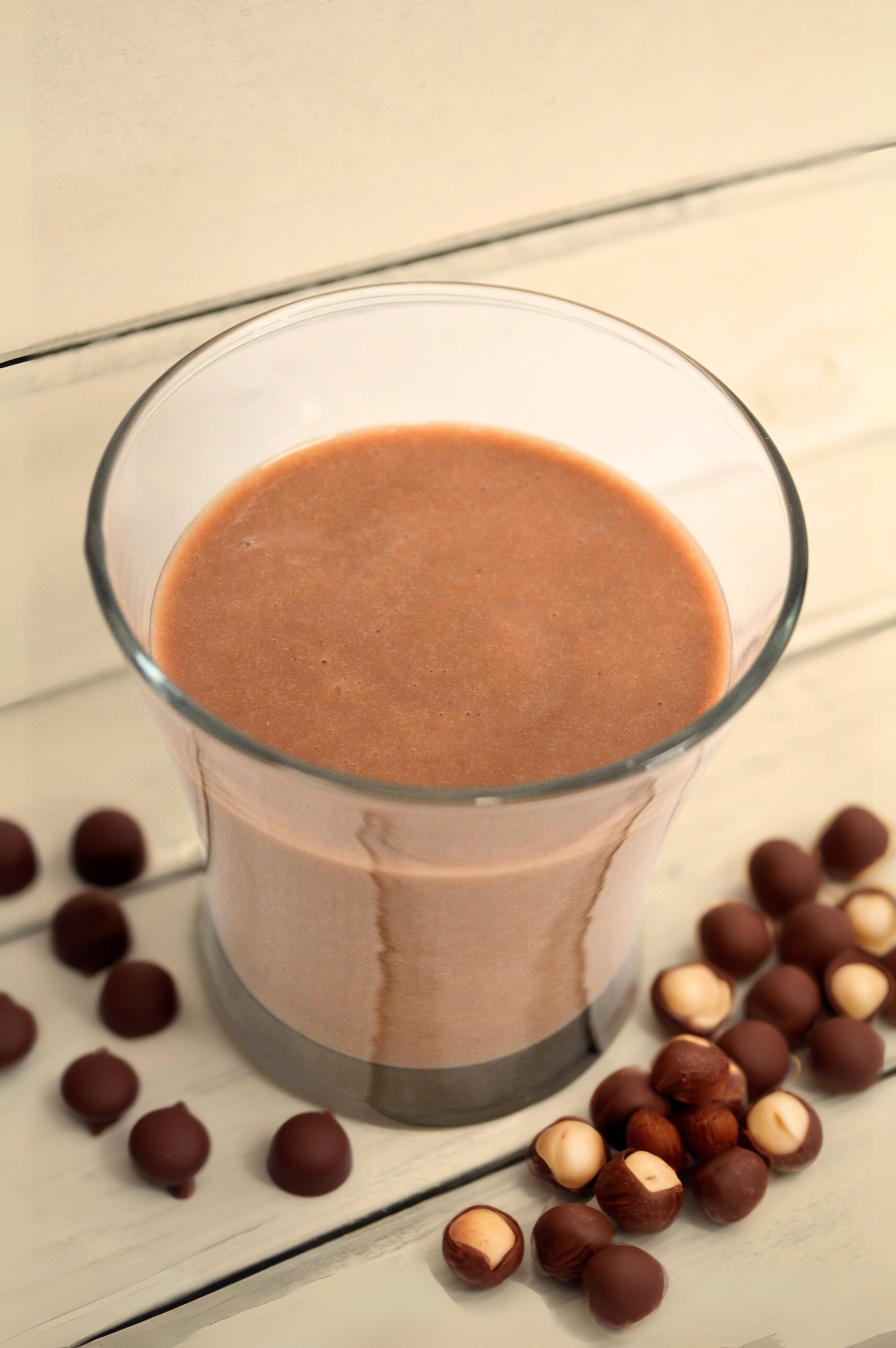Your cart is empty
Bariatric Protein Shakes
Bariatric-friendly shakes are important for successful weight loss after procedures like gastric bypass or sleeve gastrectomy (VSG). The best protein shakes for bariatric patients are designed to provide essential nutrients in an easily digestible form, specifically for weight loss surgery patients. This helps to meet your protein requirements, plus they are packed with other vitamins and minerals that bariatric patients typically lack.
Shop Related Bariatric Collections: All Bariatric Foods | Bariatric Protein Bars | Bariatric Hot Chocolates | Bariatric Soups | Bariatric Sweets | Bariatric Snacks | Bariatric Vitamins & Supplements
Brand
Dietary Concern
Product Type

Chocolate Salted Caramel Shake
- Sale price
- $11.20
- Regular price
- $14.45
Bariatric protein shakes are specially formulated beverages or powders that deliver concentrated protein with minimal sugar and calories. Unlike standard protein drinks, they are tailored to the nutritional requirements of those who have had bariatric surgery, such as gastric bypass or sleeve gastrectomy.
Shop Related Protein Shake Collections: Medical Weight Loss Shakes | Diabetic Shakes | GLP-1 Shakes
Protein Shakes After Bariatric Surgery
When choosing the best protein shakes for bariatric patients, experts recommend looking for the following nutritional profile:
- High Protein Content: Around 15 grams per serving is ideal to meet daily protein goals.
- Low Sugar: Less than 5 grams per serving helps prevent dumping syndrome and keeps calories in check.
- Low Calories: 150–180 calories or less per serving is recommended.
- Fortified with Vitamins and Minerals: Many shakes include essential micronutrients to support recovery and overall health.
- Easy to Digest: Formulated to be gentle on sensitive post-surgery digestive systems.
- Great Taste and Variety: Available in flavors like chocolate, vanilla, strawberry, and more, with options for different textures and recipes.

AmBari Nutrition's Bariatric Protein Drinks
Our bariatric shakes are all great options, but everybody is different. You might need to try a few to find your favorite!
These drinks are designed specifically for bariatric patients. With only 100–200 calories per serving, they help you manage your weight while providing essential nutrition. Many are lactose-free and gluten-free, perfect for those with dietary restrictions after surgery.
These bariatric-friendly shakes are not only beneficial for those who have undergone weight loss surgery, but they can also be helpful for individuals managing other health conditions. For instance, many of these drinks are also suitable for those with diabetes. If you're specifically looking for diabetic-friendly protein shakes, we have a collection tailored to those needs as well.
- Choosing a selection results in a full page refresh.










